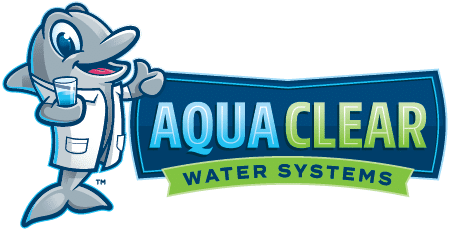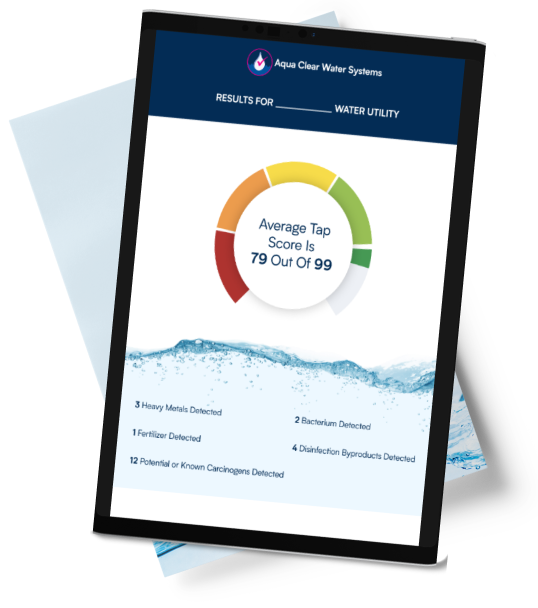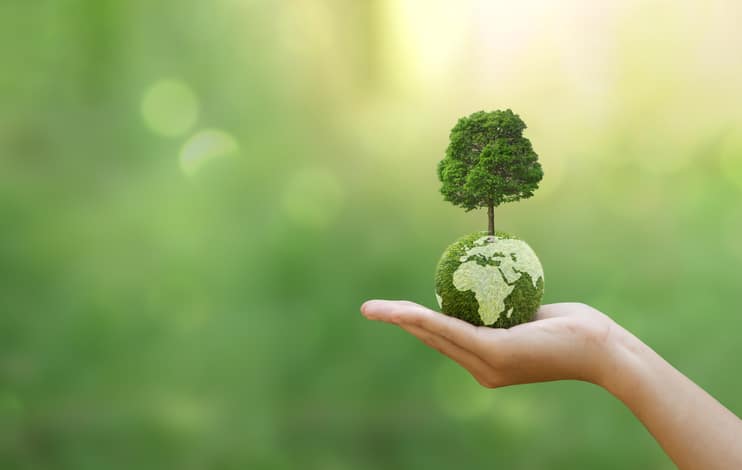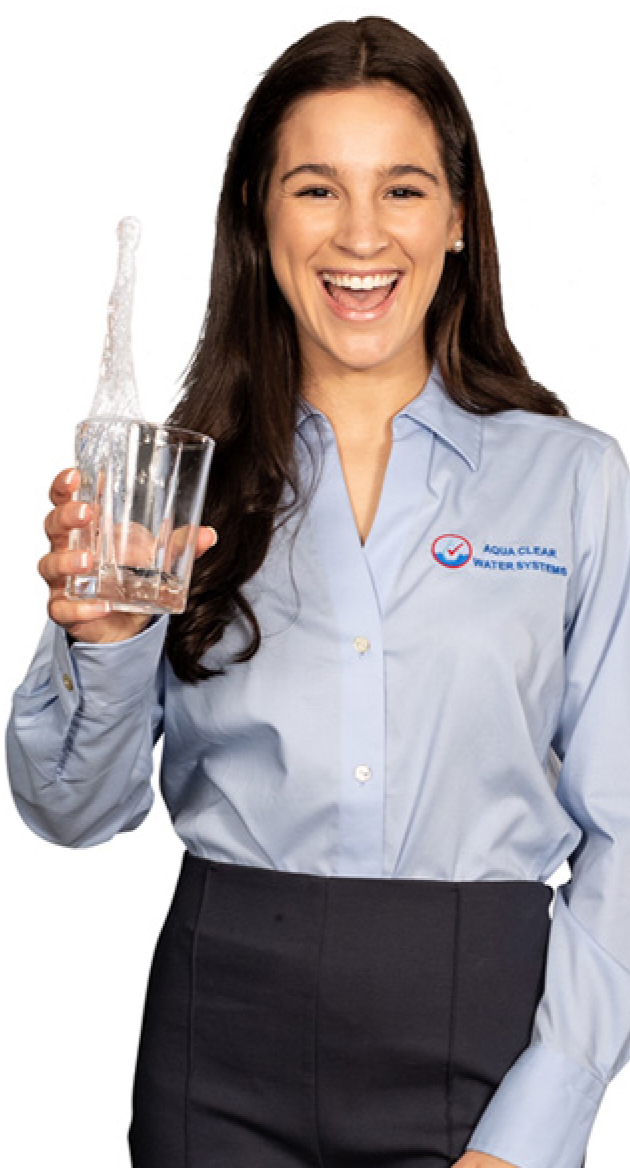Nowadays any time we make a purchase or a lifestyle choice, those who are environmentally aware must consider if what we are doing is a responsible act. For that reason, buying a water softener requires a bit of thought. Yes, it’s going to make the water kinder to our skin and hair as well as all the household devices we take for granted but can be damaged by hard water: that’s everything from the coffee pot to the washing machine – not to mention the clothes that get invaded and tarnished by the calcium and magnesium that hard water contains. Soft water is good in many respects, but does creating it harm the environment in the process?
We believe that our water softeners won’t cause any damage to the environment; we make eco-friendly water softeners, and here is why we can make that statement.
Environmentally Friendly Water Softeners Use no Electricity
That’s right, no electricity. To the uninitiated, that might seem unlikely, because it is taken for granted that devices such as this are powered by electricity, but that is not the case with ours. They work with the movement of water. When water is drawn through them by a faucet opening or a machine starting up, the movement itself powers the process. So if you have chosen your appliances with one eye on low energy consumption, our water softener won’t undo your good intentions. And there is another advantage:
Environmentally Friendly Water Softeners Work on Demand Only
As the movement of water operates our systems, they don’t soften water when you don’t need it. If, for instance, you’re away for a few days or weeks, there is no timer starting up the system unnecessarily. When the house is empty and no washing, showering, drink-making, and cooking are going on, our water softeners are inactive, saving on wear and tear and the salt they use. That means they last longer and conserve materials. The moment you’re back and call on your water supply to do something, the softener goes into action to do its job.
They are Gentler on Machinery and Clothes
By its very nature, hard water clogs pipes and the unseen inner workings of dishwashers, etc. You can see the white deposits on the heating element of a kettle when you take the lid off, but the same thing is happening in places you can’t get access to. Ignorance may be bliss, but only until something malfunctions or gives up the ghost completely. Repairs are expensive – and buying a new appliance is even more so.
It’s a similar story for the fabrics that go through your washing machine. They get enough of a battering by the process anyway, without having calcium, etc damaging the fibers and making them look dull. Washing them with soft water means you don’t have to buy so many new clothes, which is good for your bank balance as well as conserving precious resources involved in the manufacture of fabrics and the process of putting garments together. Also you use 70% less soap, which protects the environment from adding those synthetic chemicals back into the environment.
These and other considerations may never have occurred to you before, but environmentally friendly water softeners are part of the 21st-century mindset.







